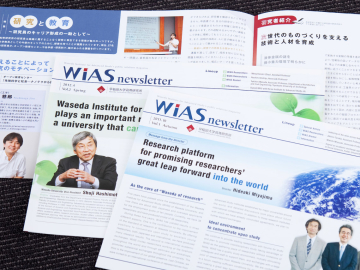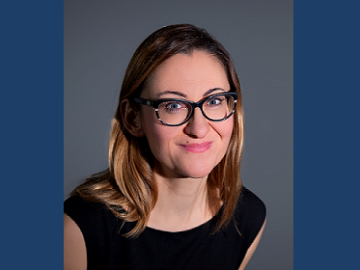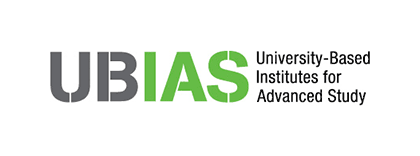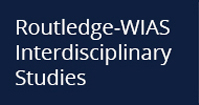WIAS Seminar Series
“Research Seminar for Transdisciplinary Perspectives Toward Environmental Sustainability” WIAS RIEEM WINPEC Seminar “Population and Environment: New insights from Societal Metabolism”(11/27)
Abstract
Population has long been associated with environmental impact, particularly due to its exponential growth since the Industrial Revolution. However, beyond mere population size, demographic dynamics such as population structure, migration patterns, and societal organization play a crucial role in shaping how societies manage resources, allocate time, and transform natural environments. In many advanced societies, declining fertility rates and population aging are reshaping this relationship, not only reducing population but also shifting labor demands toward caregiving rather than economic expansion.
The Multi-Scale Integrated Analysis of Societal and Ecosystem Metabolism (MuSIASEM) provides a powerful framework for examining the complex relationships between resource use, technological development, and societal time patterns across multiple scales and dimensions. MuSIASEM builds on Georgescu-Roegen’s bioeconomics and complexity theory to move beyond optimization and technocratic approaches to sustainability. Instead of offering prescriptive advice, it promotes a deliberative framework that acknowledges systemic limits and incorporates overlooked perspectives. Through case studies spanning the EU, China, Spain, and Japan, this seminar illustrates how sociometabolic analysis integrates demographic and energy data to explore the social, economic, and environmental dimensions of sustainability. Additionally, exploratory analyses will examine how population aging, migration patterns, and household composition influence energy use and broader sustainability challenges. These insights will highlight the complexities of sustainable transitions and underscore the need to rethink labor, care, and resource use in post-growth caring societies, demonstrating how demographic factors—often overlooked—play a crucial role in sustainability analysis.
Program
“Population and Environment: New insights from Societal Metabolism”
Raúl Velasco-Fernández
Speakers
Raúl Velasco-Fernández is a postdoctoral researcher at the Institute of Environmental Science and Technology of the Universitat Autònoma de Barcelona (ICTA-UAB). With a transdisciplinary background in industrial engineering, sociology, and ecological economics, his research explores the complex relationships between energy, materials, demography and time use to comprehensively analyze societal metabolism. He has extensive experience in the Multi-Scale Integrated Analysis of Societal and Ecosystem Metabolism (MuSIASEM), using this framework to analyze key sustainability issues across various scales and dimensions. Over the years, he has developed a range of analytical tools within MuSIASEM to examine how technological and institutional factors interrelate and influence energy use, human time allocation, and social well-being. Recently, his work has centered on integrating the analysis of care and resource use, developing quantitative methods to inform post-growth discussions that advocate for shifting the focus from economic growth to prioritizing care for both people and the environment.
Date & Time
November 27, 2025 (Tur.) 17:00 – 18:00
Venue
Room 310, 3rd Floor, Building 7, Waseda Campus, Waseda University
Prospected Audience
Students, Graduate students, Faculty members, Research members, General participants
Language
English
Organizer
Waseda Institute for Advanced Studies (WIAS)
Co-Organizer
Research Institute for Environmental Economics and Management
WINPEC (Waseda Institute of Political Economy) Economics of CCS
Registration
Pre-registration is required:Please register via the link below.








